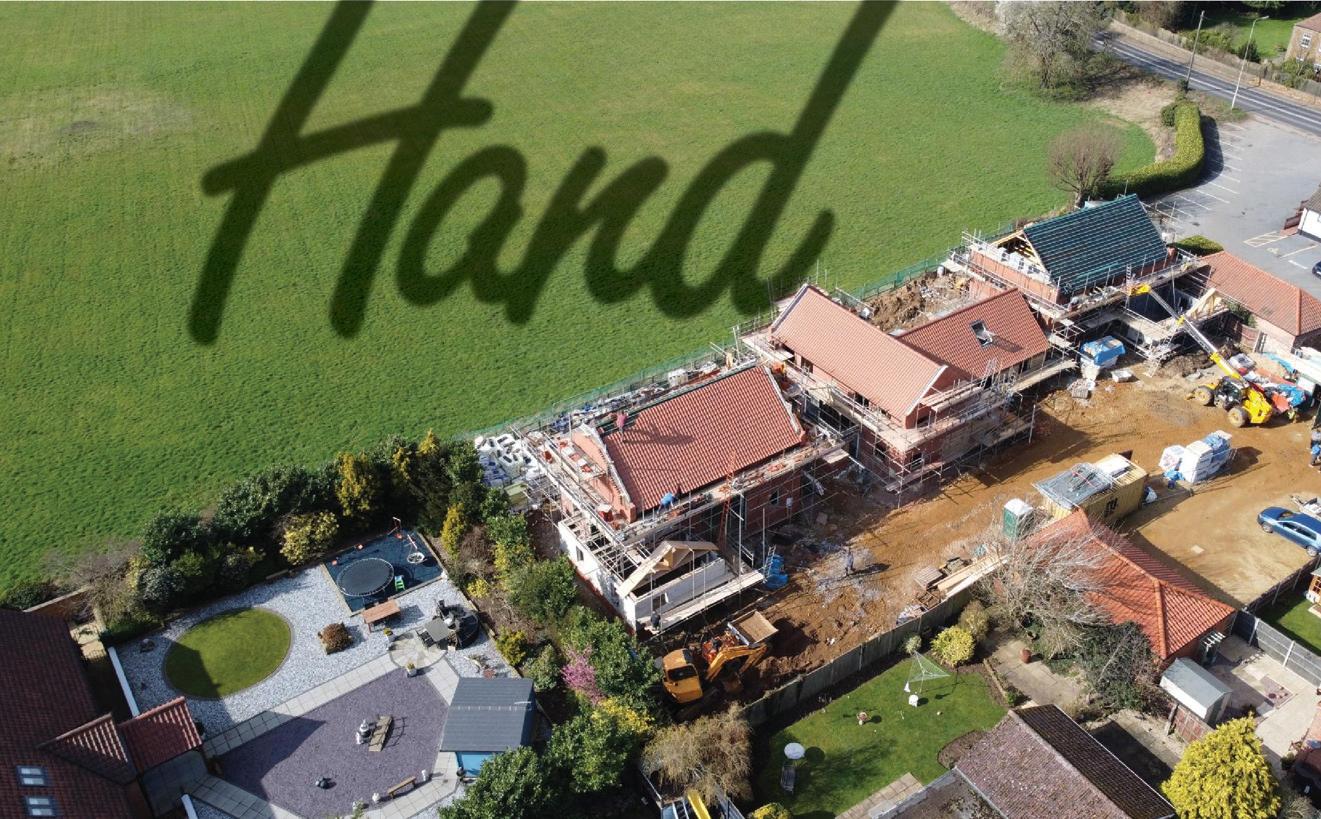
3 minute read
Quality STREET
There are, of course, a great many conundrums and unprecedented influences to this current global economic crisis but surely one of the most intriguing is that those businesses you would expect to be suffering from a profound shortage of customer cash – ie those at the so-called top end of the market – are actually performing rather well. A perfect case in point is that great British institution, Rolls Royce, which has just turned in its best-ever results, selling more than 6,000 cars for the first time ever.
Admittedly, the majority of its increased sales have occurred abroad – mostly notably in the Middle East – and to the burgeoning number of entrepreneurial billionaires being created in China and India but, even so, with cars costing well in excess of a quarter of million pounds each, it is a pretty remarkable achievement. Luxury rival, Bentley also announced record sales. A hundred plus years of trading has clearly not diminished the prestige of owning an RR but it’s also testament to the absolute rule that quality must not be compromised, however fraught the market conditions may appear.
This total commitment to employing only the best materials and skills is something we believe can provide important lessons within our own hard-pressed sector. For instance, talking to some contractors, we are aware that there are still some out there who are convinced that, in the present climate, the only way to be sure of winning a contract is to bang in the lowest price. Yet increasingly there is contrary evidence to suggest that, while money is extremely tight right now, customers are prepared to pay extra for top class products backed up by a professional and reliable service.
Those manufacturers who have a proven track record of built to last products are ideally placed to reap the rewards associated with a long well-established big brand name. For tradespeople, it’s becoming increasingly obvious that it is no longer a good strategy to just specify the cheapest product. The end result could well be an inferior extension or refurbishment project with a reduced life span, costly call backs or even a visit from Building Control, demanding that unsuitable materials are removed.
The key to all this is, of course, good marketing and your skill as a communicator. You must be able to explain to the customer exactly what they are getting for their money. It used to be the case that a client, often through ignorance would happily have settled for whatever was put in front of them, unaware of the myriad of alternatives. Today, through the wonders of modern technology, customers are much more well informed and clued up, will have done their own homework and have a much greater awareness of being sold a potential pup.
The alternative’s may well be significantly more expensive but if the benefits are backed up and fully explained – such as longer life or something that simply looks visually more appealing – then the chances are the customer will believe they are getting better value in both the short and long term. And that, from what we are seeing in the wider business market right now, is what you should be selling on your forthcoming projects.
So, how can the average builder know that the products he specifies are actually top quality? The old adage of you get what you pay for is always a useful rule of thumb but clearly your experience as a tradesperson will go a long way to determining which products you feel most comfortable with and have stood the test of time. Almost certainly they will be the ones backed up by various British Standards and Agrement Certificates. Beware the unrelenting tide of cheap foreign imports and counterfeit products.
To sum up then, if you haven’t done it before, make a concerted effort this year to really sell quality. It’s easier than you may actually think and will produce more satisfied customers who feel you have given them real value for money.
And talking of job satisfaction……after 38 years, and more than 400 issues, once you have sat in the Professional Builder hot seat you simply don’t ever want to give it up! Unfortunately, time and increasingly the rapidly evolving world of publishing wait for no man and so the moment has finally arrived to let someone else “make the readers smell the sand and cement” And let’s face it after his own timed served apprenticeship extending over more than twenty years there is no one better equipped to continue the formidable PB legacy than Deputy Editor, Lee Jones.
I can only hope that he goes on to enjoy just a fraction of the once in a lifetime experiences, fun filled adventures, unforgettable characters and immense job satisfaction that being Editor of Britain’s favourite building magazine has given me for almost four decades.
It’s not quite the end of the story as I intend to keep my hand in with some regular contributions to the magazine’s growing portfolio of communication platforms such as the new Smith & Jones Podcast but, for now, I will be swapping damp old builders’ sand for some a little closer to a sun-drenched shoreline. Goodbye and good luck!
Terry Smith, Editor, Professional Builder.










